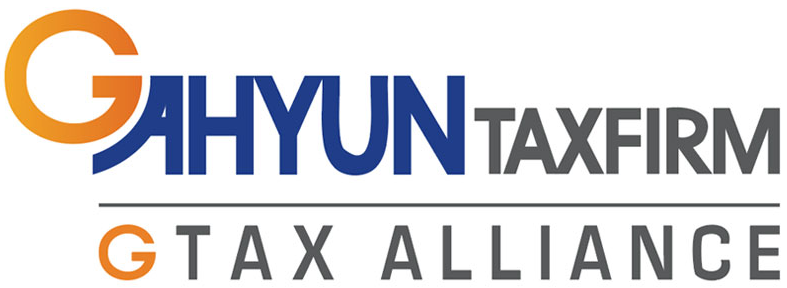
Did you know that there are tax credits you can get when you hire employees?
These tax credits are known as 'tax credits for enterprises increasing jobs.' They are part of a government policy aimed at boosting job creation and reducing unemployment rates.
The tax credit amounts can be substantial, but it's important to consider both the advantages and disadvantages of this tax credit.


1.Your total employee count should exceed that of the previous year.
You can receive up to 12,000,000KRW (approximately 10,000USD) in tax credits for each employee you've hired in comparison to the previous year.This translates to a reduction of 12,000,000KRW in your tax liability.
For instance, if your initial tax liability was 30,000,000KRW, applying this tax credit to your company would result in a reduced payment of 18,000,000KRW (30,000,000 - 12,000,000).
The impact is substantial! If you've increased your workforce by 10 employees, that equates to a potential 120,000,000KRW in tax credits.
*It's worth noting that if you're launching your business this year for the first time, the previous year's employee count is considered zero. So, if you've hired 5 employees this year as your initial workforce, the increase in employee numbers is calculated as 5 individuals, allowing you to claim a 60,000,000KRW tax credit.
2.You are required to pay taxes if your total employee count decreases compared to the previous year.
Indeed, it's a valuable tax credit, particularly for businesses experiencing continuous growth in their employee count. However, it's essential to be aware of the follow-up management rules associated with the increase in employees.
You can receive tax credits when your workforce expands, but if your employee numbers subsequently decrease, you'll be required to repay the taxes you initially received as credits.
The follow-up management period spans two years. For instance, if you received tax credits in the year 2021, you must maintain the increased employee count until the end of 2023; otherwise, you'll be obligated to reimburse the taxes that were granted as credits.
3.It is possible to receive a tax refund for previous tax filings in which you did not apply for the tax credit.
Have you already completed your tax filing without taking advantage of these tax credits, even though your company's workforce has grown?
No need to worry. You still have an opportunity to benefit from this and potentially receive a tax refund for the overpayment resulting from not applying these tax credits.
We can assist in pursuing your company's tax refund through the Korean tax office by revising and resubmitting your company's Corporate Income Tax Return or Income Tax Return for the past five years. This process specifically addresses the tax credit component, so your financial statements will remain unchanged.
If you've overlooked this tax credit and have overpaid taxes, don't hesitate to get in touch with us. We can help your company secure a tax refund!


Thank you for read my article! I hope it helps.
If you want to see more information about Korea tax and accounting, please follow us.
And if you need help for your tax filing or accountung or looking for CPA in Korea, don't hesitate to contace us





